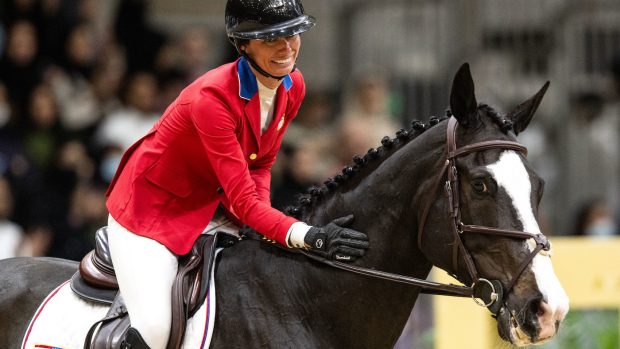The origins of the domestic horse has been revealed in a five-year study carried out by German scientists
Scientists investigating the domestication of horses have found that modern-day horses are descended from several wild populations.
The five-year study carried out by Dr Peter Forster from Cambridge University and Thomas Jansen for the University of Bonn has shown how horses are linked via their genetic type.
They conducted their study using data collected from more than 600 horses and found 17 major genetic types.
One type was found in northern European ponies, while a different type was found in breeds and their descendants originating from Iberia and northern Africa, and another in the mustangs of America.
It is believed that these genetic types may represent the ancestral wild populations.
“The results of this five-year study are surprising,” said Peter. “Now that we have established the different genetic types, we hope to determine their ages using the evolutionary DNA mutation rate.”
“This can be done by comparing genetic data, from data collected from fossils.”
There are several theories surrounding the domestication of the horse. Some archaeologists believe that 10,000 years ago horses were originally hunted as wild animals for their meat and skin.
As man evolved over thousands of years, he progressed from catching foals and taming them to domesticating horses by breeding them in captivity.
Horses found buried with chariots in Central Asia around 2,000BC prove that by this time, man had successfully domesticated horses.
Some archaeologists arguethat domestication took place much earlier, around 4,000BC. This argument will hopefully be settled as more is learnt about genetic data.
Read more about wild horses:




